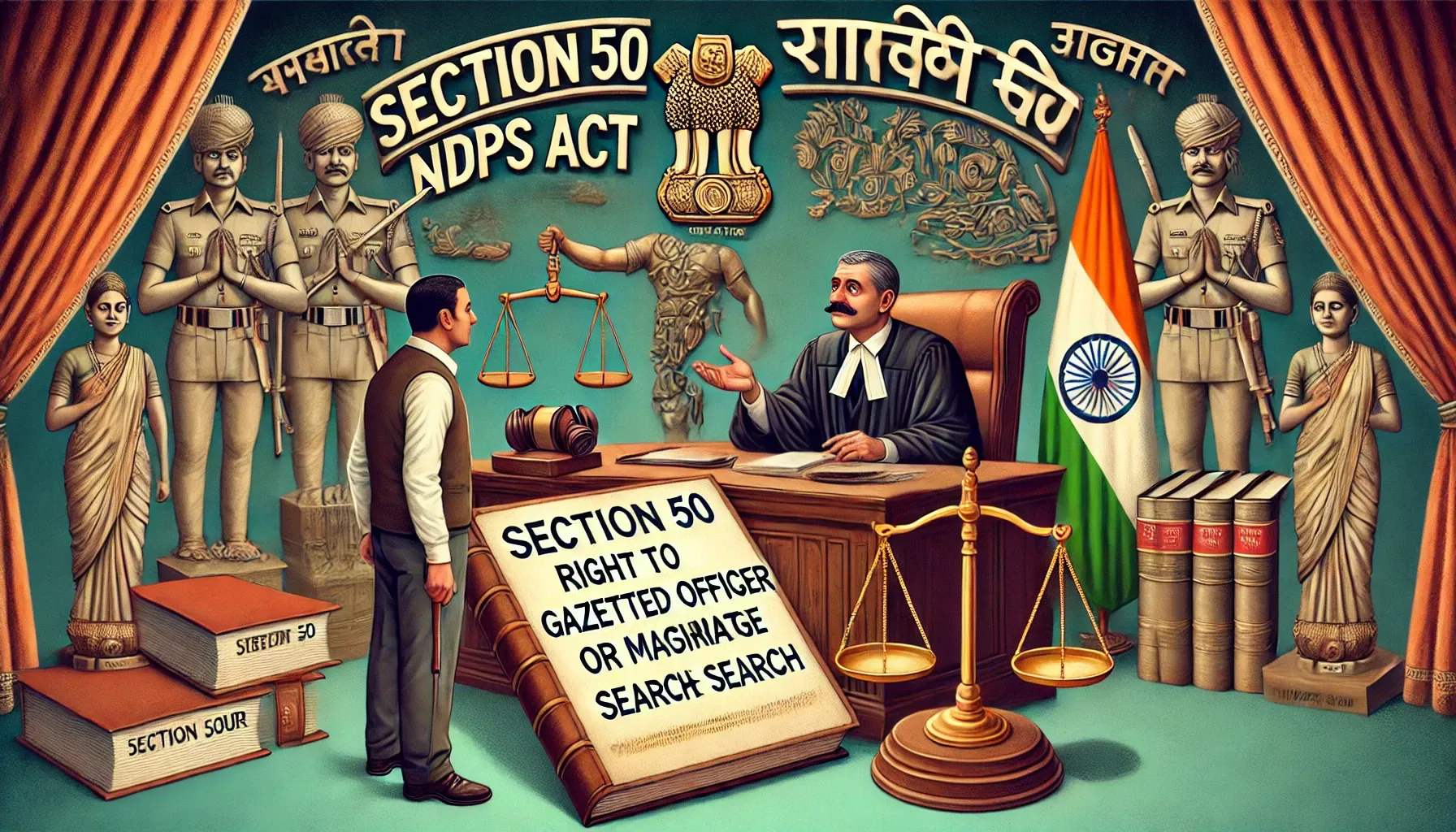In Bijoe Emmanuel & Ors. v. State of Kerala & Ors. (1986), the Supreme Court of India ruled that expelling students for refusing to sing the National Anthem due to their religious beliefs violated their Fundamental Rights under Articles 19(1)(a) and 25(1). The Court held that standing respectfully d

“Expelling students from school for not singing the National Anthem due to their religious beliefs violates their Fundamental Rights to freedom of expression and freedom of religion.”
Citation: AIR 1987 SC 748
Date of Judgment: 11th August, 1986
Court: Supreme Court of India
Bench: M.M. Dutt (J), O. Chinnappa Reddy (J)
Facts
- The appellants, Bijoe, Binu Mol, and Bindu Emmanuel, are members of the religious sect known as Jehovah’s Witnesses. As part of their religious practice, Jehovah’s Witnesses refrain from participating in any rituals except prayers directed towards Jehovah, their God. This belief also precludes them from singing any national anthems, including India’s “Jana Gana Mana”, though they are required to stand in respectful silence while the anthem is played.
- The three children attended school in Kerala, where it was customary for the National Anthem to be sung during the morning assembly. This behavior continued without issue until July 1985, when a member of the Kerala Legislative Assembly raised concerns about the children’s actions, branding them unpatriotic.
- Following this complaint, a commission was appointed to investigate the matter. The commission reported that the children were well-behaved and law-abiding, and showed no disrespect to the National Anthem. The children subsequently filed a writ petition before the Kerala High Court, seeking protection against their expulsion. The High Court, however, dismissed their petition, following which the children approached the Supreme Court under Article 136 of the Indian Constitution.
Decision of the High Court
The Kerala High Court rejected the writ petition filed by the children, reasoning that their refusal to sing the National Anthem was tantamount to disrespect and, therefore, could not be protected under the right to religious freedom.
Decision of the Supreme Court
The Supreme Court reversed the High Court’s decision and allowed the appeal. The Court ruled that the expulsion of the children violated their Fundamental Rights to freedom of expression under Article 19(1)(a) and freedom of religion under Article 25(1) of the Indian Constitution. The Court emphasized that standing respectfully during the National Anthem sufficed to show respect and that there was no constitutional or statutory obligation compelling a person to sing it.
Key legal issues discussed
1. Whether the expulsion of the children for refusing to sing the National Anthem violated their Fundamental Rights under Articles 19(1)(a) and 25(1) of the Indian Constitution?
Yes
The Court ruled that the expulsion violated the Fundamental Rights of the children. It first examined whether there was any legal compulsion to sing the National Anthem. The Court found that there was no law or statutory rule mandating such an obligation. The Supreme Court observed that Article 51-A(a), which enjoins citizens to respect the National Anthem, was satisfied by the act of standing up respectfully during its recital. Hence, standing without singing does not amount to disrespect.
The Court further examined whether the children’s act of not singing the National Anthem violated any constitutional provision or law. After reviewing the Prevention of Insults to National Honour Act, 1971, the Court noted that this law only criminalizes intentional disruption of the singing of the anthem or preventing others from singing. In this case, the children’s refusal to sing did not prevent others from doing so nor did it disturb the assembly, and hence, it could not be deemed as an insult under the Act.
The Court made significant references to Article 19(1)(a), which guarantees freedom of speech and expression, including the right to remain silent, and Article 25(1), which guarantees the freedom to practice and propagate one’s religion, subject to public order, morality, and health.
Extracting the reasoning as set out in Para 14 that“If the two circulars are to be so interpreted as to compel each and every pupil to join in the singing of the National Anthem despite his genuine, conscientious religious objection, then such compulsion would clearly contravene the rights guaranteed by Article 19(1)(a) and Article 25(1).”
Additionally, the Court rejected the High Court’s reasoning that the anthem’s content was not offensive to any religious belief, clarifying that the issue was not about the content of the anthem but about the religious objection to singing any anthem. The Court referenced other judicial decisions involving Jehovah’s Witnesses in different countries, such as Minersville School District v. Gobitis[1] and West Virginia State Board of Education v. Barnette[2], where similar issues had been adjudicated in favor of religious freedom.
In paragraph 22, the Court stated: “We are satisfied, in the present case, that the expulsion of the three children from the school for the reason that because of their conscientiously held religious faith, they do not join the singing of the national anthem in the morning assembly though they do stand up respectfully when the anthem is sung, is a violation of their fundamental right to freedom of conscience and freely to profess, practise and propagate religion.”
The Court emphasized the importance of tolerance in a pluralistic society and underscored that religious freedom must be respected, even if the beliefs of a religious minority seem unusual or different. It ruled that compelling the children to sing the anthem, in violation of their religious beliefs, was not justifiable under any constitutional or legal provision.
2. Whether the Kerala Education Act or the Prevention of Insults to National Honour Act, 1971, justified the expulsion of the children for not singing the National Anthem?
No
The Supreme Court noted that neither the Kerala Education Act nor the Prevention of Insults to National Honour Act, 1971, imposed an obligation to sing the National Anthem. The Kerala Education Act allowed for the formulation of rules concerning moral instruction in schools but did not prescribe any specific punishment for not singing the anthem. Moreover, the Kerala Education Rules, which govern the conduct of students, did not provide any basis for the expulsion of students in such circumstances.
The Court also examined two departmental circulars issued by the Kerala Government in 1961 and 1970, which directed schools to conduct morning assemblies and have students sing the National Anthem. However, these circulars were administrative instructions without the force of law and, as such, could not override the Fundamental Rights guaranteed by the Constitution.
The court upheld the religious fundamental rights of the students holding in Para 24 that “We allow the appeal, set aside the judgment of the High Court and direct the respondent authorities to re-admit the children into the school, to permit them to pursue their studies without hindrance and to facilitate the pursuit of their studies by giving them the necessary facilities. We only wish to add: our tradition teaches tolerance; our philosophy preaches tolerance; our Constitution practices tolerance; let us not dilute it”
Thus, the Court concluded that there was no statutory justification for the children’s expulsion, and their conduct was protected by the Constitution.
[1] (1939) 84 Law Ed 1375.
[2] (1942) 87 Law Ed 1628.




